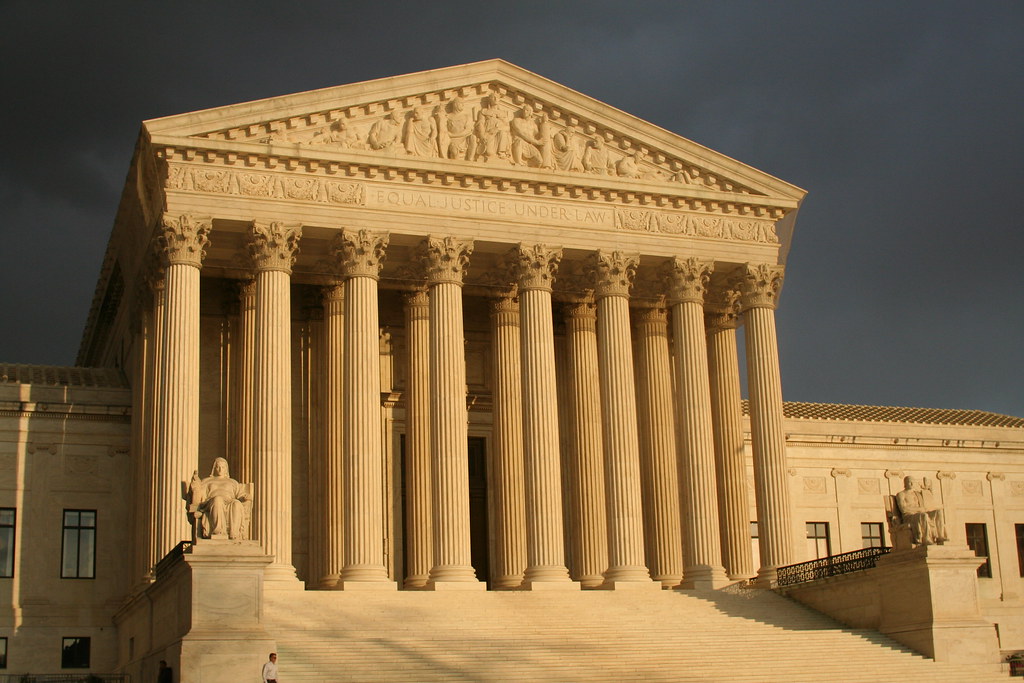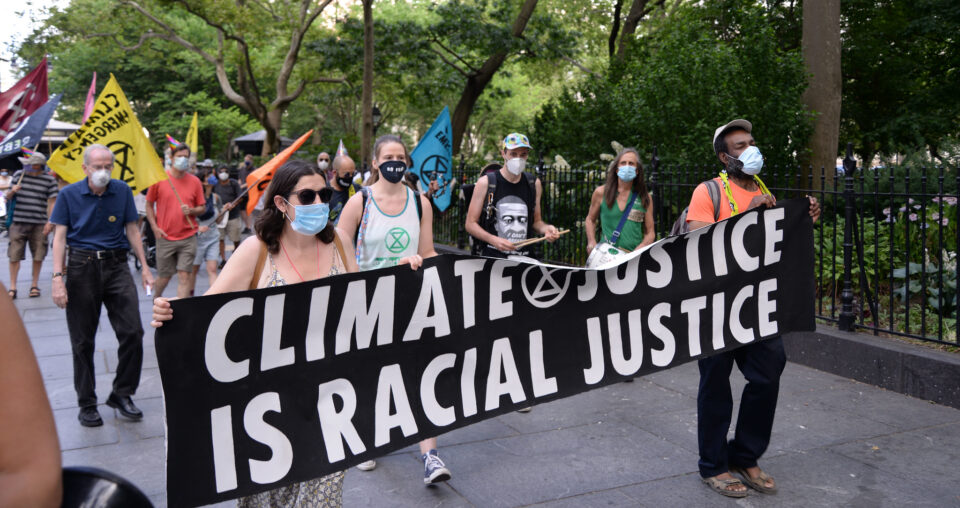
The Supreme Court finished their term by upending a 40-year-old decision that made it easier for the federal government to regulate the environment, public health, workplace safety and consumer protections, delivering a far-reaching and potentially lucrative victory to business interests.
The court’s six conservative justices overturned the 1984 decision colloquially known as Chevron, long a target of conservatives who have been motivated by weakening the regulatory state. The liberal justices were in dissent.
The case was the conservative-dominated court’s clearest and boldest repudiation yet of what critics of regulation call the administrative state. Billions of dollars are potentially at stake in challenges that could be spawned by the high court’s ruling.
The heart of the Chevron decision says federal agencies should be allowed to fill in the details when laws aren’t crystal clear. Opponents of the decision argued that it gave power that should be wielded by judges to experts who work for the government.
Forty years ago, the Supreme Court ruled 6-0, with three justices recused, that judges should play a limited, deferential role when evaluating the actions of agency experts in a case brought by environmental groups to challenge a Reagan administration effort to ease regulation of power plants and factories.
But the current high court, with a 6-3 conservative majority, has been increasingly skeptical of the powers of federal agencies. Justices Samuel Alito, Neil Gorsuch, Brett Kavanaugh and Clarence Thomas all had questioned the Chevron decision.
Environmental, health advocacy groups, civil rights organizations, organized labor and Democrats on the national and state level had urged the court to leave the Chevron decision in place.
“The Supreme Court is pushing the nation into uncharted waters as it seizes power from our elected branches of government to advance its deregulatory agenda,” Sambhav Sankar, a lawyer with the environmental group Earthjustice, said after the ruling. “The conservative justices are aggressively reshaping the foundations of our government so that the President and Congress have less power to protect the public, and corporations have more power to challenge regulations in search of profits. This ruling threatens the legitimacy of hundreds of regulations that keep us safe, protect our homes and environment, and create a level playing field for businesses to compete on.”
You can read more about this on the Southern Environmental Law Center website here.

